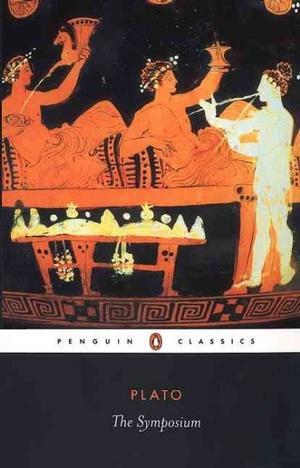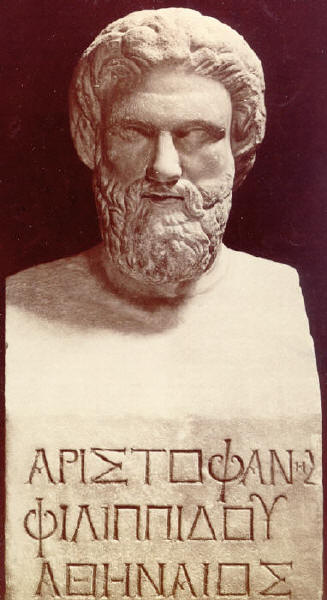On this first Classics Club spin, lucky number 14 got me The Symposium by Plato - an essay on the many aspects of love and an insight into the notion of platonic love.
The title means something like "a get-together with drinks" which is what DOES NOT happen when several of the main characters meet to eat and be merry (they actually talk of the vice of drinking...oh Dionysus!), and where Socrates will eventually speak of his version of love.
We listen to the description of this feast organised in honour of Agathon through Socrates' companion there, Aristodemus, who recounts the story to Apollodorus, who recounts the story to us. Complicated, true, but once one gets over these levels of interaction, the story becomes simple enough for us to enjoy...


